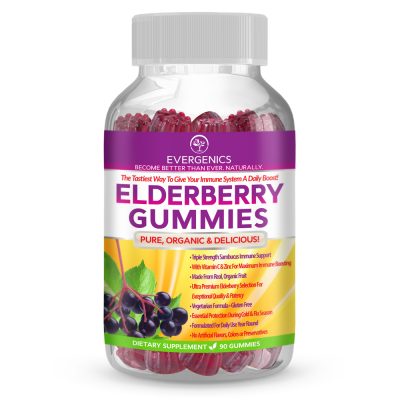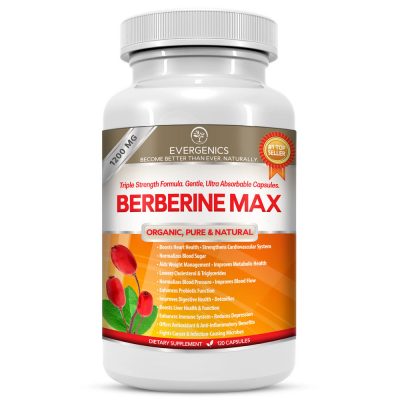(BPT) – For legendary TV personality and Emmy-award winner Regis Philbin, everything changed on a seemingly ordinary day back in 1992. While in Miami shooting a television commercial, the popular host — who usually plowed forward with his various commitments as though nothing could stop him — experienced something that day that almost did.
“All of a sudden, I was getting pains in my chest,” he recalls. “I thought maybe I was getting sick. I couldn’t believe it but they took me to a local Miami hospital and the doctors there discovered I had a blocked artery. My wife Joy flew down to join me and I had to have an angioplasty.”
The process was a success and Philbin continued on with his busy lifestyle. But 15 years later, his heart health problems returned. “I found out in 2007 that I had to have triple bypass surgery,” he said. “I couldn’t believe it. I couldn’t sleep the night before. At 6 a.m. they rolled me into the operating room. I was there at the hospital for the next week, walking up and down the hallways.”
Helping to protect heart health
High cholesterol affects over 100 million Americans and is a major risk factor for heart disease — the number one cause of death in America. Philbin now aims to be a success story, not a statistic.
It has been 10 years since Philbin’s triple bypass surgery, and since then he has been working diligently to ensure he makes it another 10 or more without a heart episode. Today, Philbin works to protect his heart health and keep his cholesterol in check with a simple and effective plan — he monitors his diet strictly, mostly choosing chicken and fish over beef, and follows a strict treatment regimen that includes the right statin medication for him.
“I know every day my statin is working to control my cholesterol,” he said.
Lipid expert Dr. Eliot Brinton, M.D., president of the Utah Lipid Center and Fellow of the Fellow of the American Heart Association and National Lipid Association, knows how important statin medication can be in helping patients lower their cholesterol. “For most patients with high LDL cholesterol, a statin is a must. Statins are usually easy to take and lower cholesterol very effectively,” said Dr. Brinton.
“Yet, according to a new survey of patients with high cholesterol, more than half of former statin users say they abandoned their statin because of side effects, and about a third say they stopped taking their statin without first discussing it with their doctor. It’s important to know that there are several statins, some of which are less likely to interact with other medications, but still lower cholesterol very well. If you’re not happy with the statin you’re currently taking, please, talk to your doctor to see if another statin may work better for you.”
Philbin agrees. When he first started taking a statin, he experienced muscle pain. He spoke with his doctor and switched to the statin that he is now taking, which worked for him. “Most people don’t know there are multiple statin medications, and that they can work with their doctors to identify the one that is most appropriate for them,” he said.
Take Cholesterol to Heart
Statins have been proven to help reduce cholesterol levels, yet 50 percent of people who are prescribed a statin stop taking their medication within one year of starting it. In many cases, patients don’t understand the consequences of stopping their statin.
Philbin wants to change that.
To help patients make better, more informed treatment decisions, Regis and Joy, his wife of more than 35 years, joined Kowa Pharmaceuticals America, Inc. and the American Academy of Family Physicians (AAFP) Foundation on the new Take Cholesterol to Heart initiative. The campaign encourages patients to speak frankly to their doctors about any challenges with their current statin therapy, and to partner to find another statin that works for them.
“We want to inspire people to talk to their doctor through this Take Cholesterol to Heart initiative,” said Joy Philbin. “People with cholesterol or heart issues shouldn’t think they are limited to just one treatment option. They can work with their doctor to find a statin medication that works for them.”
To learn more about statin medications for high cholesterol and how to support your own health, visit www.TakeCholesteroltoHeart.com. You’ll find helpful tips for speaking with your doctor to establish the right statin for you. You can also learn more about your personal cholesterol medication considerations and access a cholesterol 101 management guide, a medication reminder checklist, and additional results of the recent cholesterol survey. Any or all of these resources can help you build a foundation for your cholesterol treatment. Because, as Philbin says, establishing and sticking to the right treatment plan for you can truly make all the difference.




